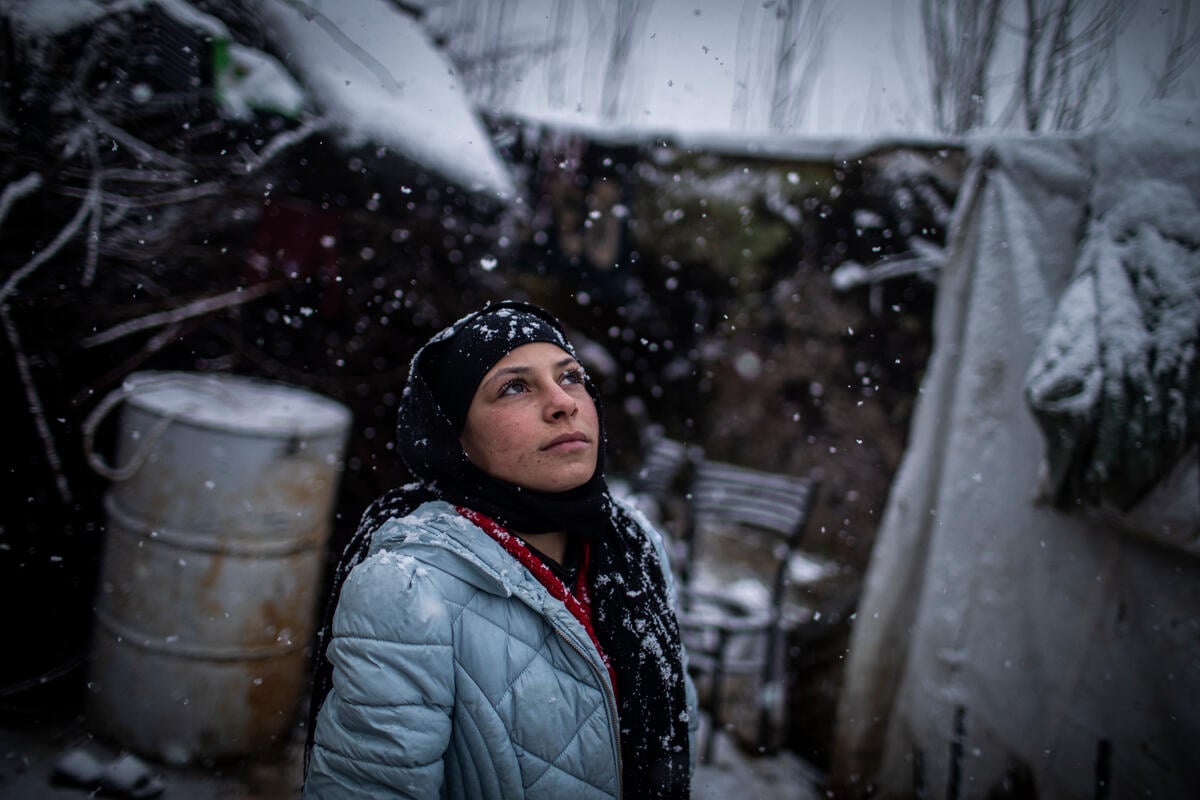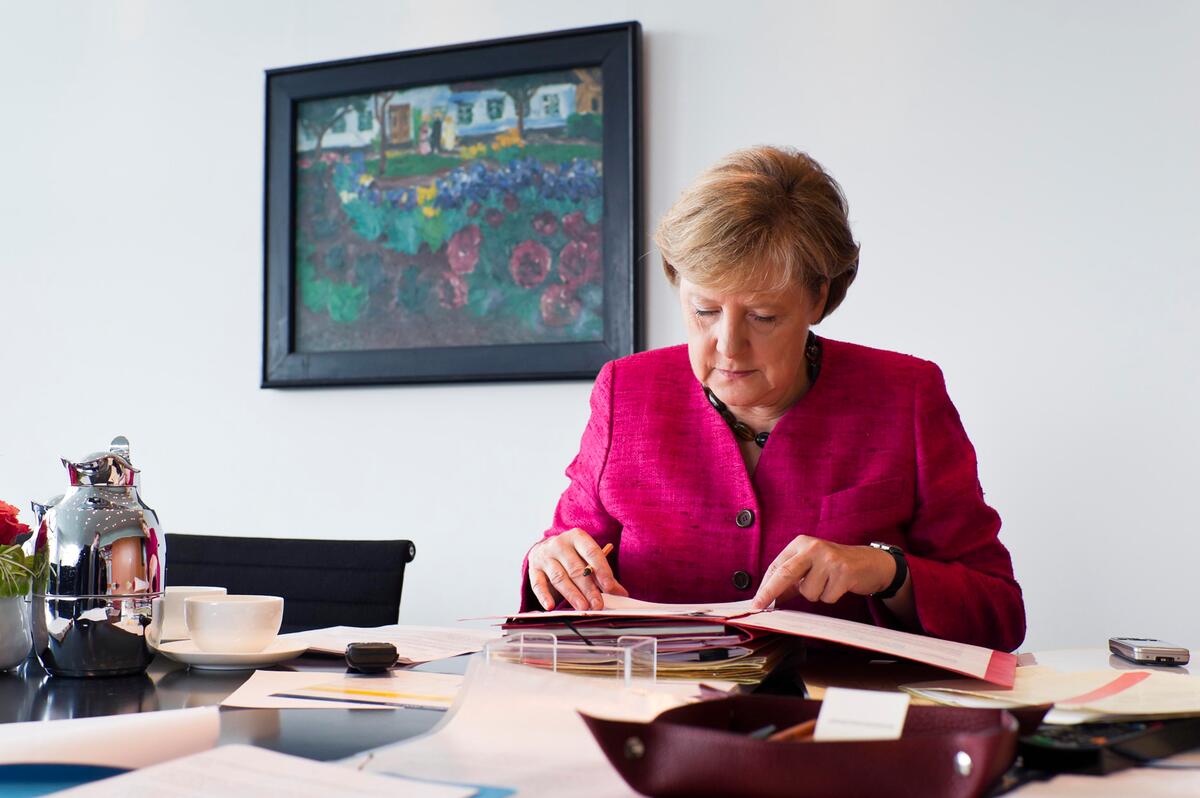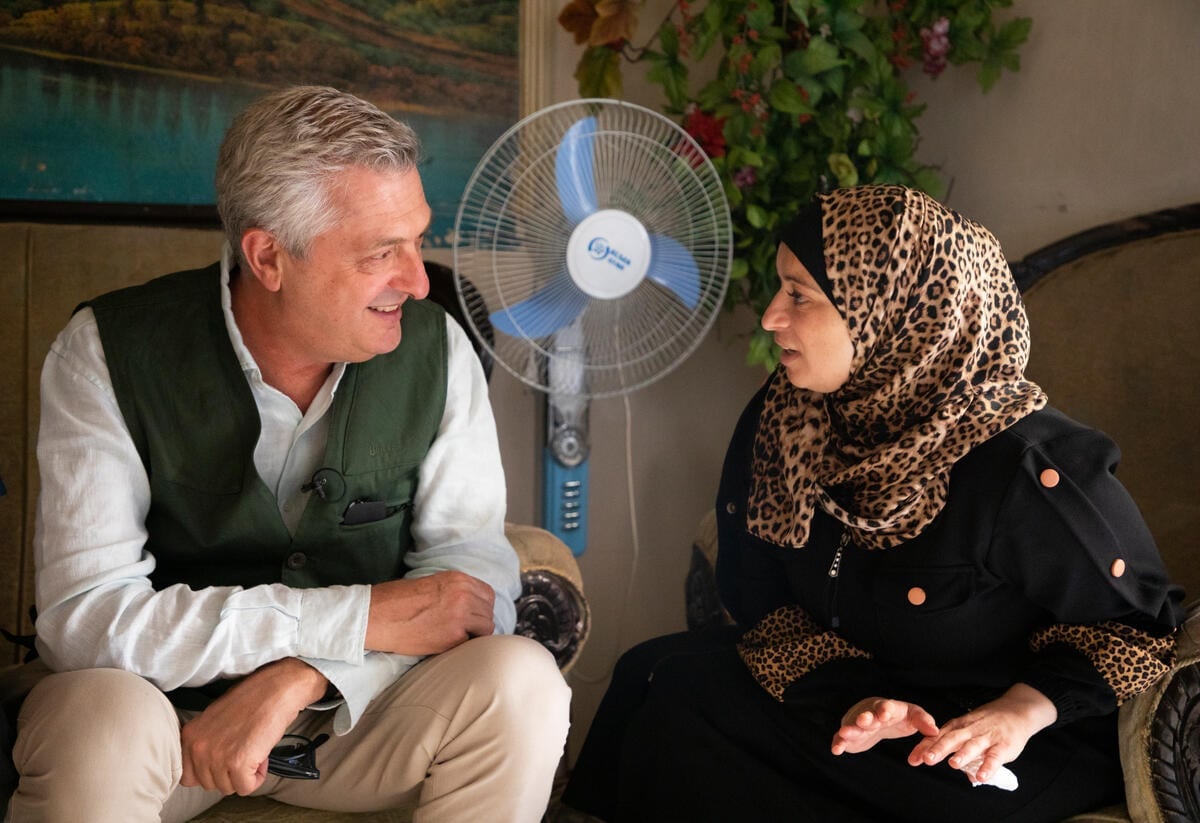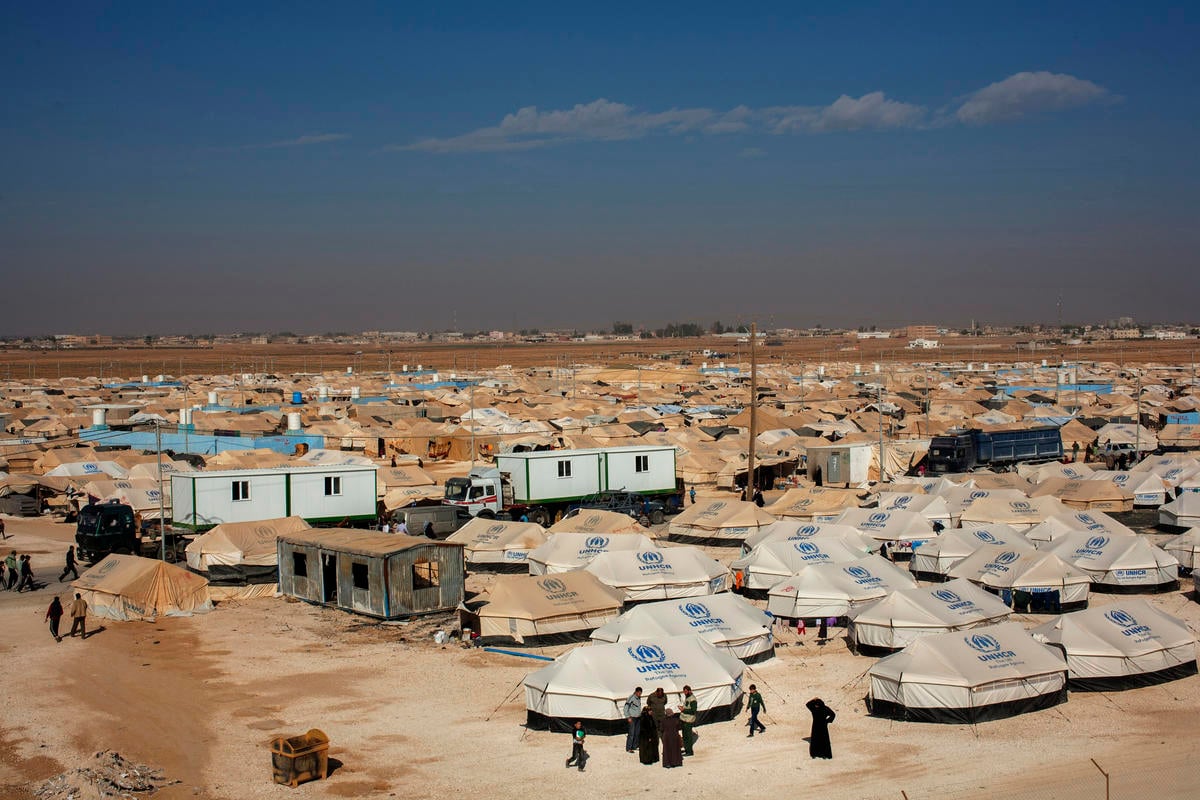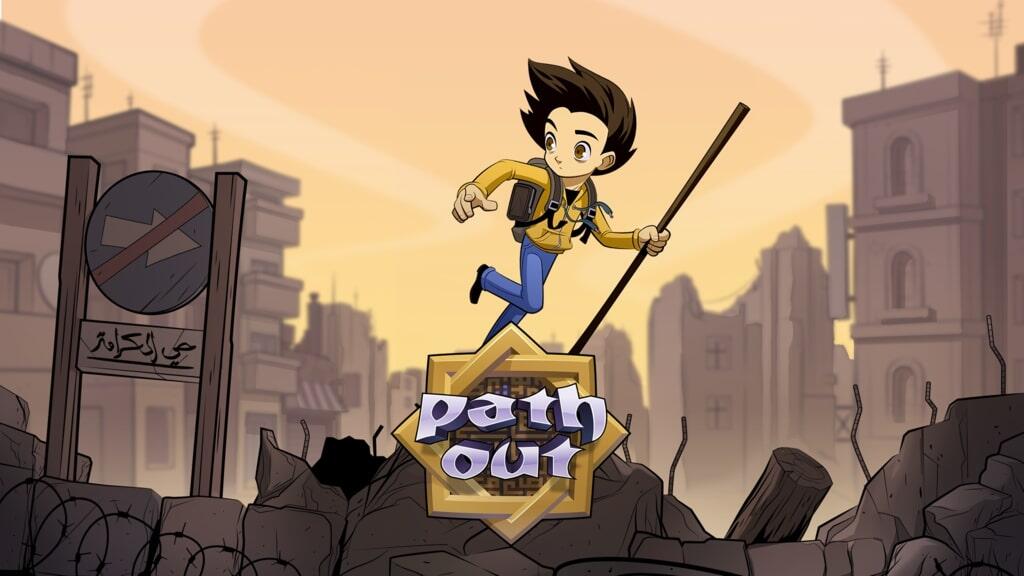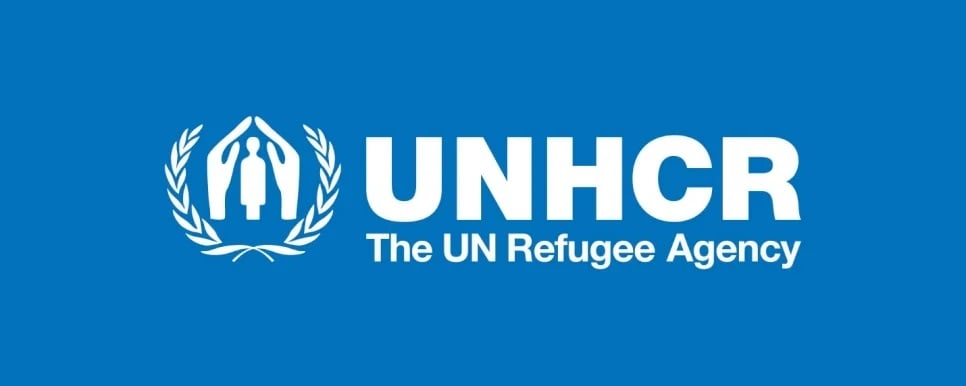Fighting and despair triggers rise in numbers fleeing Syria to Jordan
Fighting and despair triggers rise in numbers fleeing Syria to Jordan

AZRAQ REFUGEE CAMP, Jordan, March 19 (UNHCR) - Large numbers of Syrians have sought refuge in Jordan in recent days, including a growing number from the southern governorate of Dara'a driven out by a surge in fighting which they say left them with no option other than to flee.
An average number of 250 Syrian refugees have crossed the border into Jordan every day this week - the highest numbers since last summer and a sharp increase compared with recent months. In the four days up to Wednesday, UNHCR figures for Jordan showed that 1,014 people had crossed, including more than 160 from Dara'a. This compared with a total of 412 in the previous four days, including lower numbers from Dara'a.
UNHCR's representative in Jordan, Andrew Harper, said this latest development underlined the need for increased international support to victims of the conflict in Syria and the countries hosting them.
"We've seen an increase in the numbers of people coming across to Jordan in the past few days. These are families who after four years of conflict have reached their limit and we all, as the international community, have a responsibility to them," he stressed.
Along with significant numbers fleeing continuing conflict in and around the northern city of Aleppo and rural Damascus, many of the new arrivals have come from Dara'a on Syria's southern border with Jordan. They brought with them stories of the destroyed villages, trapped family members and dead neighbours they left behind.
New arrivals at Jordan's Azraq Refugee Camp told UNHCR they had remained in Dara'a throughout the four years of the Syria conflict, preferring to stay - despite the dangers - rather than become refugees. But increasing concentrations of armed groups in the province and daily shelling and aerial bombardments had finally made it too dangerous to remain, they said.
At a reception area inside the camp, dozens of exhausted refugees lay prostrate on mattresses after arriving overnight on Wednesday in buses driven from the border. Many had endured dangerous night-time car journeys after paying smugglers, skirting checkpoints and areas of fighting before being dropped off and stumbling for hours through the desert to reach Jordan.
"Things started to get bad in November when more armed groups from all sides came to Dara'a, and the shelling and fighting in populated areas got worse and worse," said Ismaael, 44, who came to the camp with his wife. "We kept saying we would give it one more month, but now most of the people in our village have either fled or been killed, so we left."
Despite reaching safety, he remains traumatized by months of insecurity and the agonizing decision to leave behind his 65-year-old mother, who can't walk, and his siblings and their young children who didn't want to risk the treacherous journey.
"Back in Syria it was so unsafe. We didn't really sleep at night, we just lay in bed with our eyes open," Ismaael said. "So when we got to Jordan, I felt a bit relieved to be safe, but I'm still so worried about my family back home and I have no way to contact them."
Another new arrival at Azraq, 24-year-old Mohannad, took the decision to come to Jordan with his pregnant wife Nermin after running out of options in Dara'a. "Before you could live there, it was pretty safe, but in the last couple of months it became much worse," he said. "Every time it got unsafe somewhere we used to find another place, but we ran out of safe places to go."
Contemplating an uncertain future inside a refugee camp, the young father-to-be seemed resigned to his fate. "We didn't expect more than this. We're refugees coming to a different country, so we didn't expect to live in castles. We accept that this is how it is."
By Charlie Dunmore in Azraq Refugee Camp, Jordan


